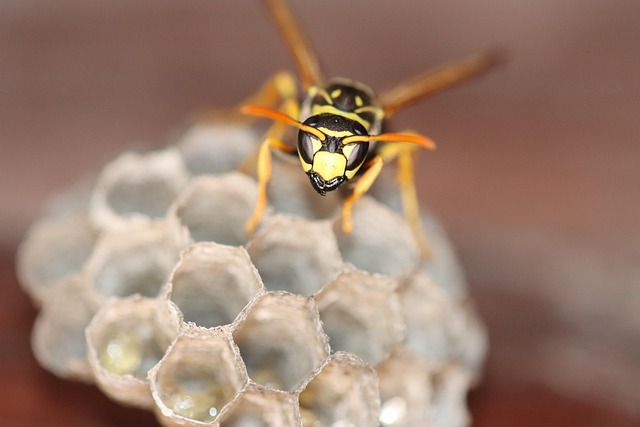Licensed pest control services are heavily regulated to ensure safety and protect consumers and the environment. Professionals undergo extensive training, pass exams, and adhere to strict legal standards set by local, state, or national authorities. This licensing framework ensures effective pest management while minimizing risks. Hiring licensed exterminators offers peace of mind, specialized equipment, and tailored treatments for common pests like ants, bed bugs, and termites. Prioritize verified professionals with transparent pricing, eco-friendly methods, and proven experience for safe, sustainable, and effective pest control. The industry is evolving with innovative technologies and sustainable practices to meet growing demand for environmentally conscious services.
“In any property owner’s arsenal against pests, licensed exterminator services stand as a formidable weapon. This comprehensive guide delves into the intricate world of professional pest control, exploring the legal framework behind ‘licensed pest control’ and its vital role in maintaining a safe, healthy environment. From understanding local, state, and national regulations to uncovering the diverse range of services offered, we shed light on why hiring licensed professionals is paramount. Discover the benefits, common pests they manage, and emerging trends shaping this essential industry.”
Understanding Licensed Pest Control: The Legal Framework
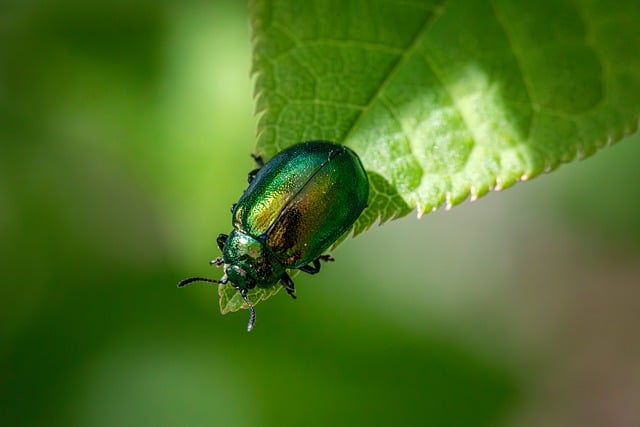
In many regions, pest control services, especially those involving hazardous chemicals, are heavily regulated to ensure safety and protect both consumers and the environment. Licensed pest control, or licensed exterminator services, is a critical aspect of this framework. It requires professionals in the industry to undergo extensive training, pass rigorous exams, and adhere to strict legal standards set by local, state, or national authorities. This licensing process guarantees that these experts possess the necessary knowledge and skills to handle pests effectively while minimizing risks.
The legal framework surrounding licensed pest control involves specific regulations on chemical usage, application methods, and business practices. These rules aim to prevent misuse of pesticides, ensure proper disposal, and maintain transparency in pricing and service agreements. By operating within this legal structure, exterminators not only protect the public but also uphold the integrity of the profession, fostering trust among customers who rely on their expertise for pest-free environments.
Why Hire a Licensed Exterminator? Benefits and Assurance

When it comes to dealing with pest infestations, hiring a licensed exterminator offers unparalleled benefits and assurances. Firstly, professionals in licensed pest control have the expertise and training required to identify and eliminate various pests effectively. They stay updated on the latest methods, products, and industry standards, ensuring safe and environmentally friendly solutions.
Additionally, licensed services provide peace of mind by adhering to stringent legal and regulatory requirements. This means they possess the necessary permits and insurance, safeguarding both your property and health from potential risks associated with DIY pest control attempts. Their specialized equipment and knowledge also ensure precise targeting, minimizing damage to structures and reducing exposure to harmful chemicals.
Types of Licenses: Local, State, and National Regulations

When it comes to licensed exterminator services, understanding the various types of licenses and regulatory bodies is crucial for ensuring professional and safe pest control practices. Local governments often require exterminators to obtain a business license, which permits them to operate within their jurisdiction. These local regulations cover aspects like business practices, insurance requirements, and sometimes even specific methods or chemicals that can be used.
At the state level, exterminator services are typically governed by strict guidelines set forth by environmental protection agencies. State licenses often focus on ensuring safety for both technicians and the general public, as well as proper disposal of hazardous materials. National regulations, though less common, may come into play for large pest control corporations operating across state lines, unifying practices under a single national standard for licensed pest control services.
What Services Do Licensed Exterminators Offer?
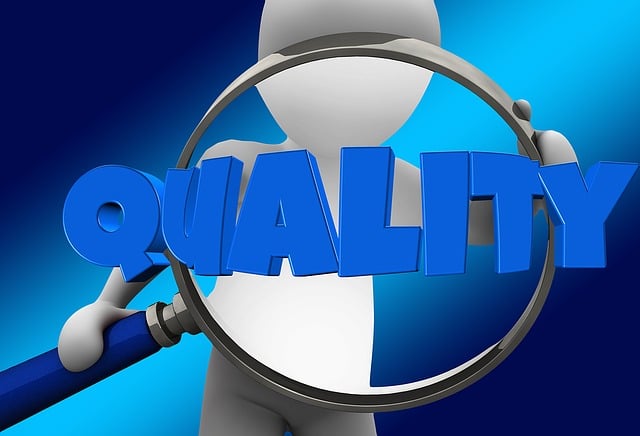
Licensed exterminators provide a range of services tailored to address various pest infestations and maintain a safe, healthy environment. Their expertise includes identifying and eliminating common pests like termites, rodents, ants, roaches, mosquitoes, and more. These professionals employ a spectrum of techniques, from targeted treatments to comprehensive inspections and prevention strategies.
In addition to pest removal, licensed exterminators often offer advice on preventing future infestations. This may include recommendations for sealants, traps, or other tools designed to deter pests. They also ensure the use of environmentally friendly methods when possible, balancing effectiveness with safety and sustainability.
Choosing the Right Exterminator: Tips for Homeowners and Businesses

When selecting an exterminator, whether for your home or business, it’s crucial to prioritize licensed pest control professionals. A license ensures that the company adheres to industry standards and regulations, guaranteeing safe and effective treatment methods. Start by requesting certifications from potential service providers, verifying their credentials with local authorities, and checking online reviews to gauge customer satisfaction.
Consider factors like experience, specializing in specific pests, and understanding of integrated pest management (IPM) strategies. Reputable exterminators should offer tailored solutions, detailed treatment plans, and transparent pricing. Communicate your concerns openly, ensuring the chosen provider aligns with your needs, budget, and commitment to eco-friendly practices when possible.
Common Pests Managed by Licensed Professionals

Licensed exterminator services manage a wide range of common pests that can pose significant health and safety risks if left unchecked. These professionals are equipped with the knowledge, tools, and treatments to handle insects, rodents, termites, roaches, and other invasive species effectively. In urban areas, where spaces are often tightly packed, licensed pest control is essential for maintaining a safe and healthy living environment.
Common pests include ants, which can invade homes in large numbers and cause structural damage; bed bugs, known for their biting and ability to spread quickly through personal items; and termites, which can silently eat away at wooden structures over time. Licensed exterminators employ targeted treatments and preventive measures tailored to each pest’s behavior and life cycle, ensuring that properties remain free from these unwelcome intruders.
Safety Measures and Environmental Considerations in Professional Pest Control
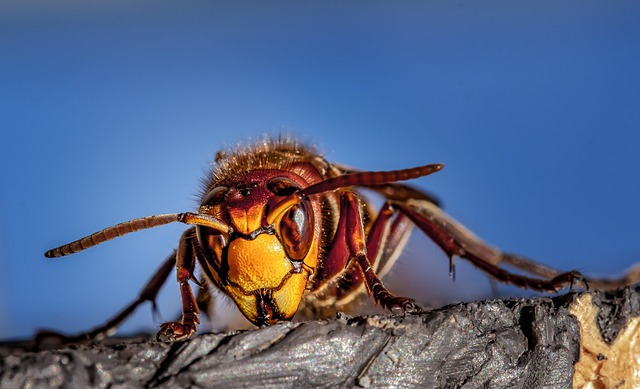
When hiring a licensed exterminator, safety is paramount. Professional pest control services adhere to strict protocols and regulations to ensure the well-being of their technicians and customers. They utilize personal protective equipment (PPE), such as gloves, masks, and suits, to shield against potential hazards posed by pesticides. These chemicals are carefully handled and applied according to precise methods to minimize risks while maximizing effectiveness.
Environmental considerations also play a significant role in modern pest control practices. Reputable exterminators employ eco-friendly methods and products whenever possible, prioritizing the preservation of local ecosystems and biodiversity. They stay updated on integrated pest management (IPM) strategies, which focus on preventing pest issues through sanitation, exclusion, and cultural practices, thereby reducing reliance on chemical interventions.
The Future of Licensed Pest Control: Innovations and Trends
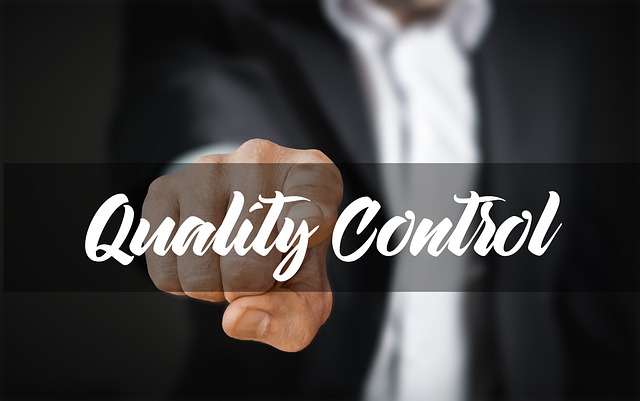
The future of licensed pest control is brimming with innovative technologies and sustainable practices, revolutionizing an industry once reliant on harsh chemicals. Trends point toward a more eco-conscious approach, where advanced equipment, targeted treatments, and data-driven solutions minimize environmental impact while maximizing efficacy. For instance, the rise of smart technology allows exterminators to precisely monitor and control pest populations using remote sensors and real-time data analysis, eliminating unnecessary applications of pesticides.
Additionally, biopest management, leveraging natural predators and beneficial insects, is gaining traction as a safer alternative to synthetic pesticides. As consumers become more environmentally and health-conscious, licensed pest control services are evolving to meet these demands, ensuring a cleaner, greener, and healthier future for both homes and businesses.
